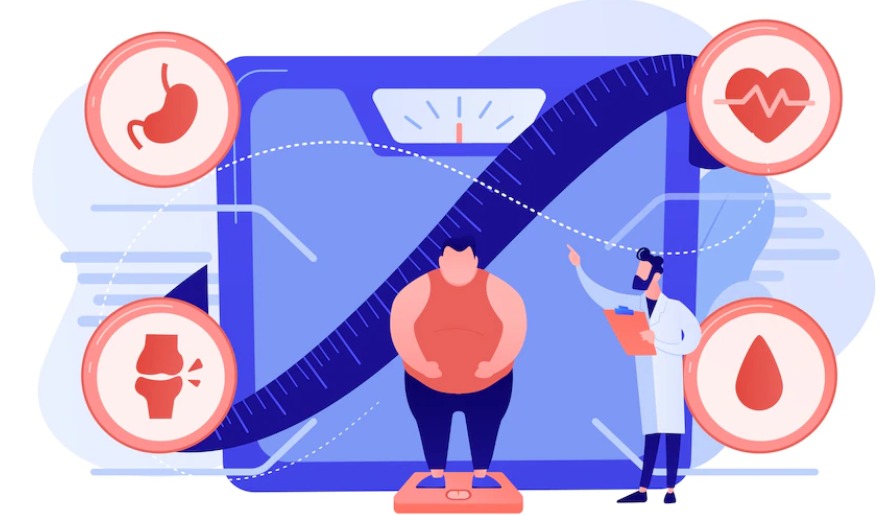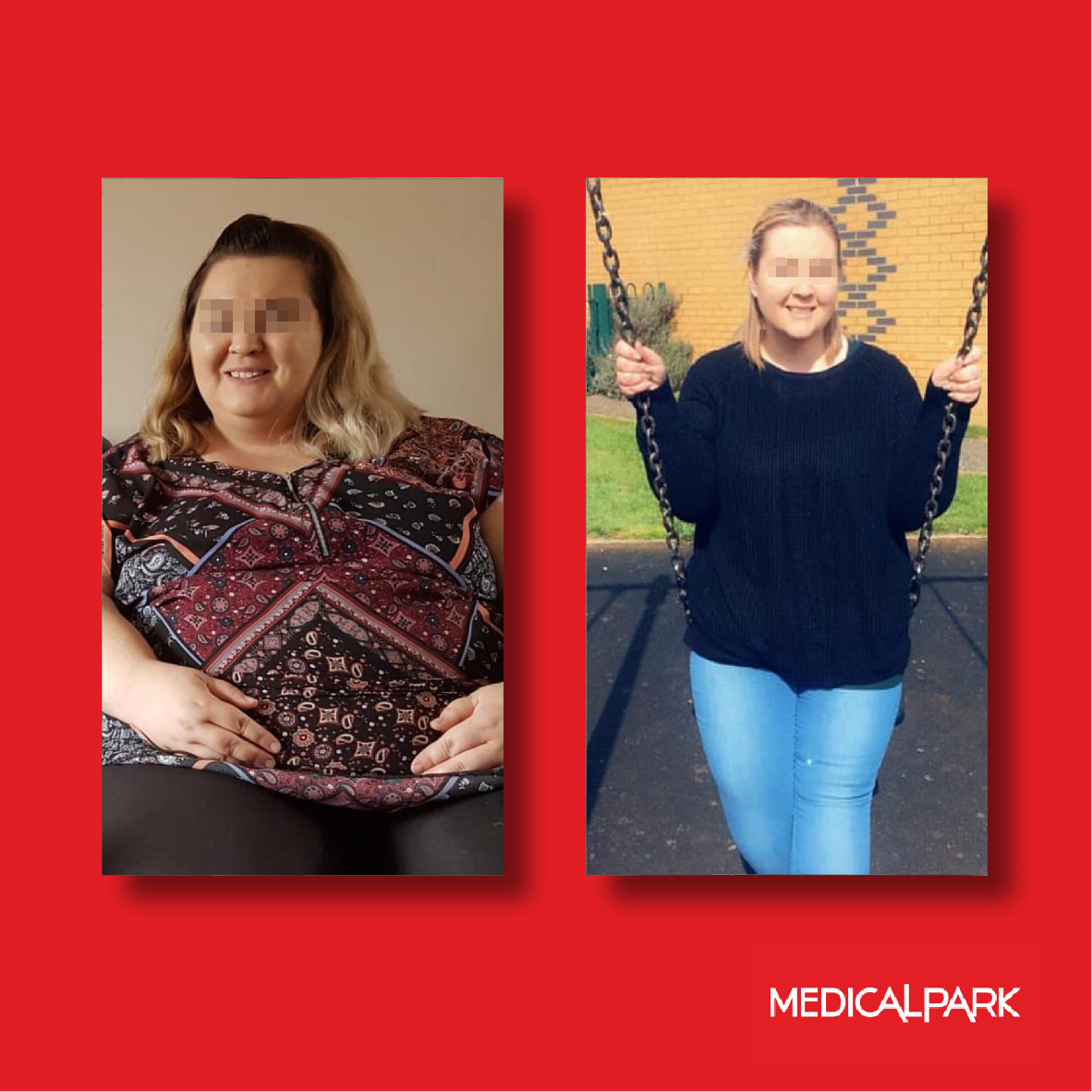Obesity treatment in Turkey: All You Need To Know

Obesity is a growing concern around the world, leading to serious health problems for many people. No single factor is responsible for obesity, and weight gain can occur due to many reasons like poor diet habits, lack of exercise, pre-existing health conditions, etc. Most people are unaware or confused about how to come out of morbid obesity. Chances are that many people tend to ignore obesity till it starts showing severe health complications.
Workouts cannot be the only solution for all and will not be recommended for aging people who are obese. Some people may find it difficult to lose weight through exercise and diet plans as they might have physical difficulties. Over-exertion or straining through physical activity while being obese can lead to other complications in muscles and joints. Read this article to understand how obesity treatments can help you recover from the obesity condition. Also, learn why getting an obesity treatment in Turkey is a better option if you have been looking to make a trip simultaneously.


What Causes Morbid Obesity?
When your body mass index (BMI) is greater than 35, you are considered to be morbidly obese. A healthy body weight for your size can be determined using the BMI, which is used to evaluate body fat. Although BMI is not a precise indicator of appropriate weight ranges for height, it does provide a basic indication.
Your body uses the calories you eat while you are eating to keep you alive. The body need energy even when at rest in order to digest food or pump your heart. The body will store those calories as fat if they are not utilised. If you continue to consume more calories than you can burn off through exercise and daily activity, your body will begin to store them as fat. Too much bodily fat is deposited, which leads to obesity and severe obesity.
Bariatric Surgery is an Effective Treatment of Morbid Obesity
There are several different kinds of bariatric procedures that can be done. An "open" approach to surgery, in which the belly is sliced open, is an option, as is laparoscopy, in which surgical tools are inserted into the abdomen through tiny, half-inch incisions.

Obesity Surgery In Turkey: An Overview
Obesity can be a cause for a variety of other long-term health issues, such as diabetes, high blood pressure, cholesterol, sleep apnea, and so on. Life-threatening risk factors include heart disease, stroke, and cancer. The first step while self-evaluating is to calculate your body mass index (BMI). If the BMI is 30 or higher, it is considered obese. BMI above 40 causes serious health risks. You should check your BMI at least once a year along with your health check-up to keep your body weight on track.
Types of Obesity Surgeries in Turkey
There are many types of obesity surgeries that are performed depending on the patient's condition and what is ideal for them:
Sleeve Gastrectomy (Laparoscopic)Sleeve gastrectomy is a commonly performed bariatric surgery in which a part of the stomach is surgically removed to reduce a patient's appetite. The result is a smaller-sized stomach. Laparoscopic sleeve gastrectomy surgery typically leaves fewer scars and bleeding as small instruments are inserted through multiple small incisions.
The patient's food intake capacity is reduced following the surgery, which helps them reduce around 60 to 70 percent of their excess weight. Gastric sleeve surgery is not reversible, as a part of the organ is removed.
Body mass index (BMI): BMI should be 35 or more
Duration: 1 to 2 hours.
Anesthesia: General anesthesia
Stays in hospital: 3-4 days
Results: Patients typically lose weight during 1–2 years post surgery, where they can lose more than 70% of their excess weight. Note that this result can vary depending on the lifestyle followed by the patient.

Gastric Balloon
Gastric balloon surgery involves a balloon made of high-quality silicone inserted into the stomach. The balloon will be filled with saline of a specific amount (Typically 500 ML). The patient's appetite is reduced as the balloon takes up most of the space in the stomach. Thus it leads to weight loss. The balloon is typically removed from the stomach after 6-12 months.
Body mass index (BMI): BMI should be between 30 to 40
Duration: 20 minutes.
Anesthesia: Mild general anesthesia
Stays in hospital: No stay. Few hours for the procedure
Results: Patients lose weight 1-2 months after the procedure. During the rest of the few months, the exact weight is maintained.
Non-surgical Stomach Reduction
Non-surgical stomach reduction surgery involves a muscle relaxant being injected into 18-20 parts of the stomach. The relaxant causes the stomach muscles to function more slowly, thereby reducing the patient's appetite and generating the feeling of being full most of the time. This procedure is performed through endoscopy by inserting a device through the mouth to examine the interior organs. Non-surgical stomach reduction is one of the safest weight loss procedures, as no incisions are made. The muscle relaxant dissolves within 3-6 months after the procedure. So the procedure can be repeated.

Body mass index (BMI): Between 27 to 35 (Not higher than 40)
Duration: 15-30 minutes
Anesthesia: General anesthesia
Stays in hospital: No stay. Few hours for the procedure
Results: Patients can lose their weight 4 to 6 months post-surgery.

Things To Know Before Obesity Surgery in Turkey
Some things to note before going for obesity surgeries are:

Prices For Obesity Surgery In Turkey
Prices for Bariatric Surgery in Turkey depend on the type of surgery that you and your doctor decide, taking your present condition and medical history into account. Always consider choosing certified clinics with skilled specialists and standard treatment for bariatric surgery in Turkey.
Medical Park Hospitals: Sleeve Gastrectomy In Turkey
Choosing the right clinic is essential for obesity surgeries; you will have it all sorted if you travel to Turkey. Medical Park hospitals is one of the established medical facilities known for top-notch obesity care and quality services, especially for travelers looking for the best surgery and aftercare in Turkey. With over 27 hospitals, more than 2500 doctors staff, more than 5300-bed capacity, and more than 210 sterile operating rooms, it is the best medical facility you can rely on. Medical Park hospitals excel in all aspects of services, surgical methods, stay for recovery, and so on, as the medical park hospital staff considers the safety of patients and their relatives its top priority.
Having more than 25 years of experience, technological developments, and international certification, especially with the JCI, are some of the efficacies of Medical Park hospitals. Medical park hospitals offer the best options and no compromise on quality for anyone looking for the 'obesity prices in Turkey 2022'. Visit the site to schedule a consultation with the experts at Medical Park Hospitals!

OBESITY TREATMENT BEFORE / AFTER






